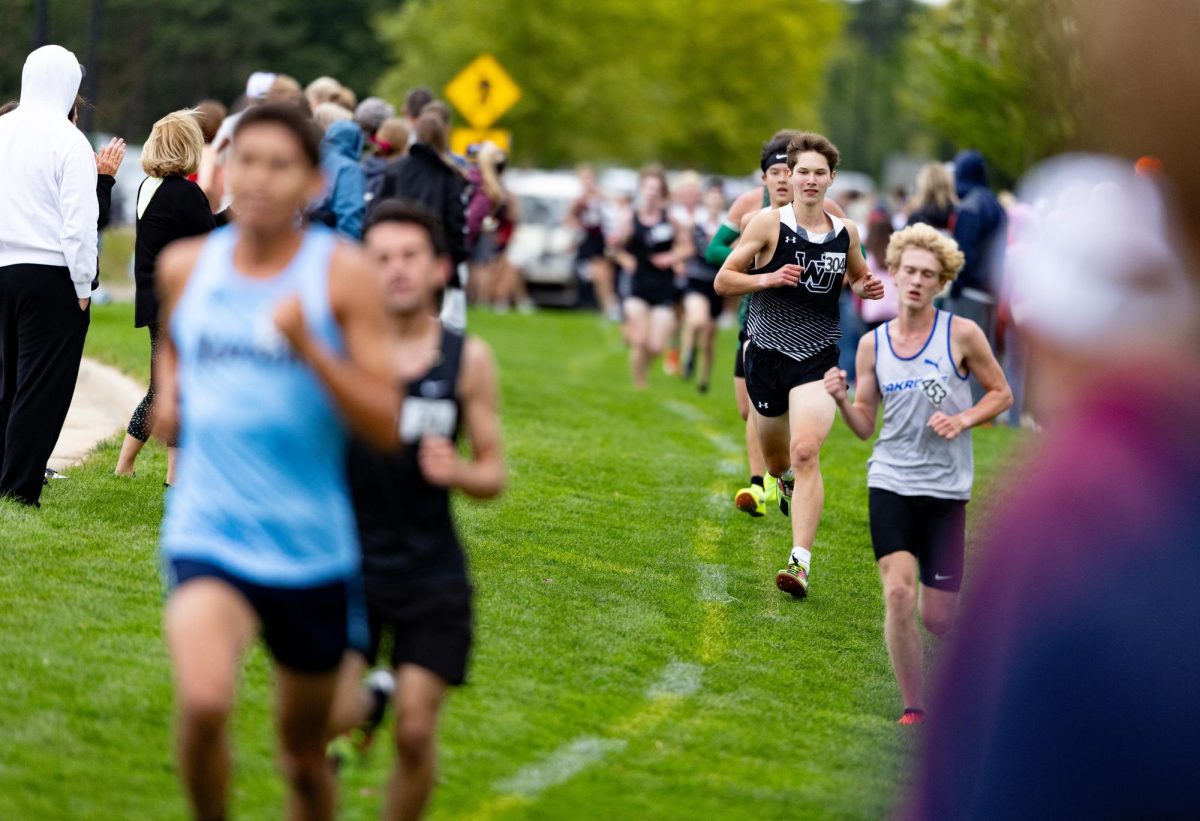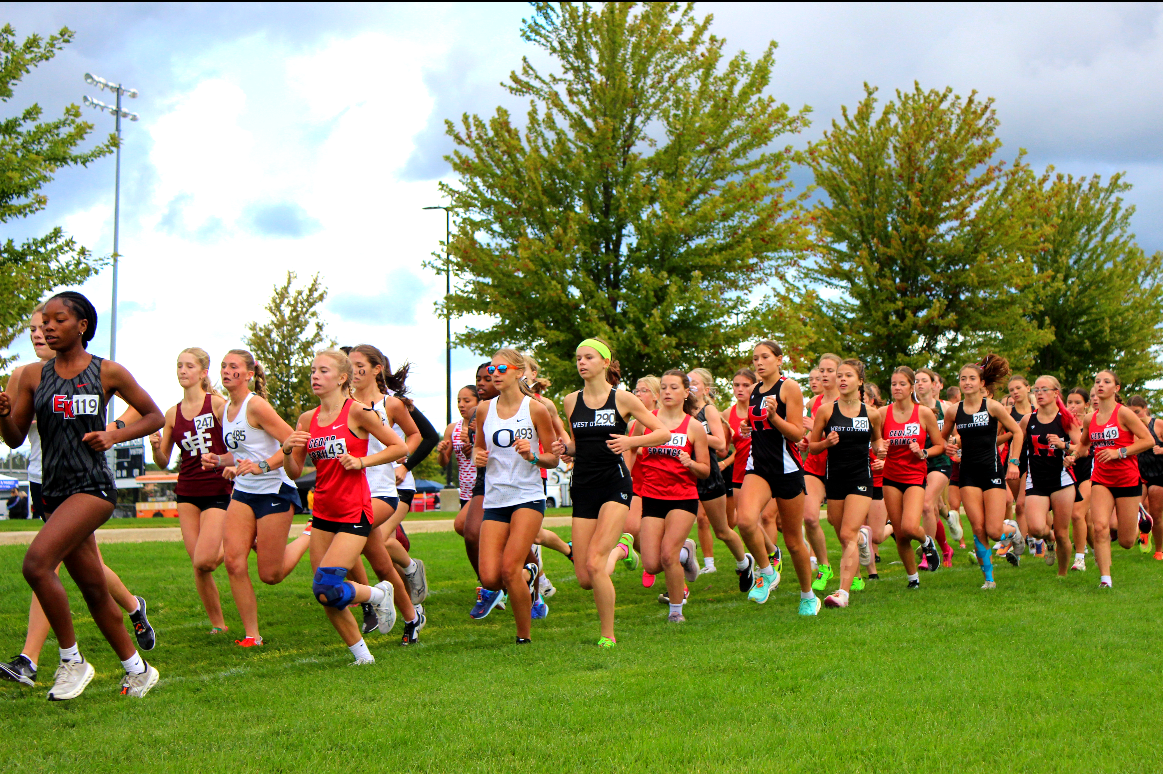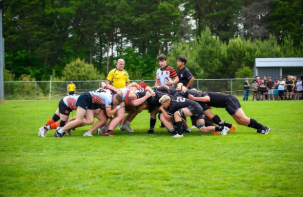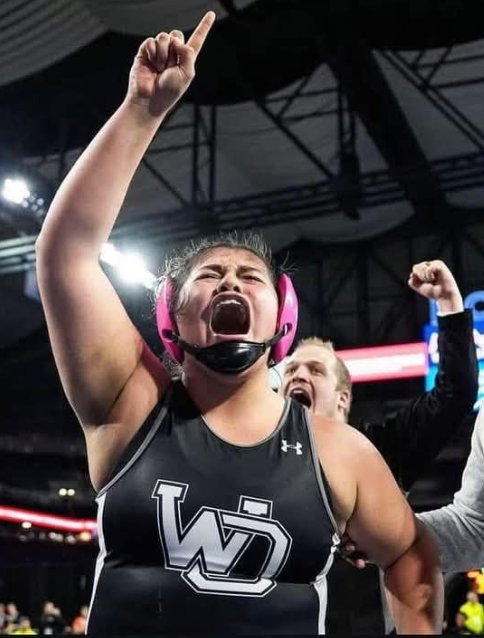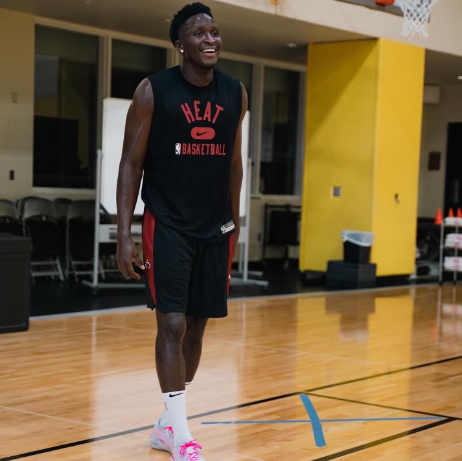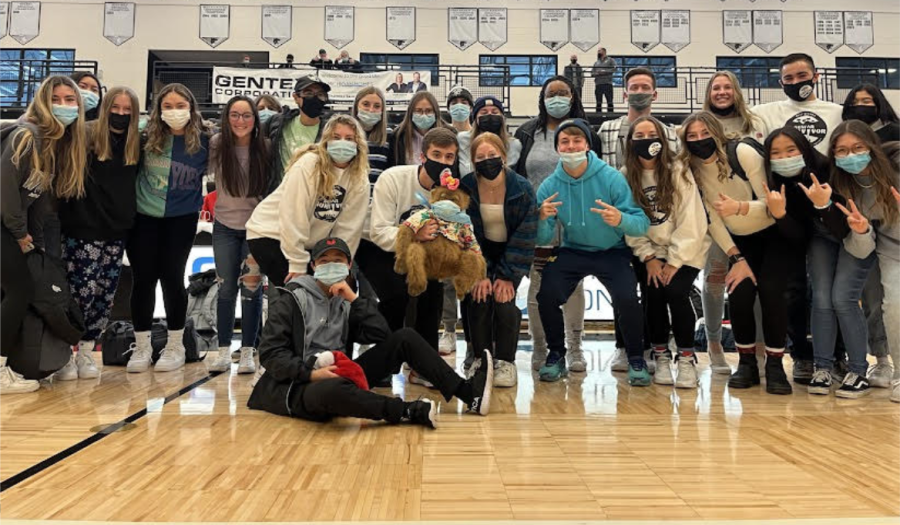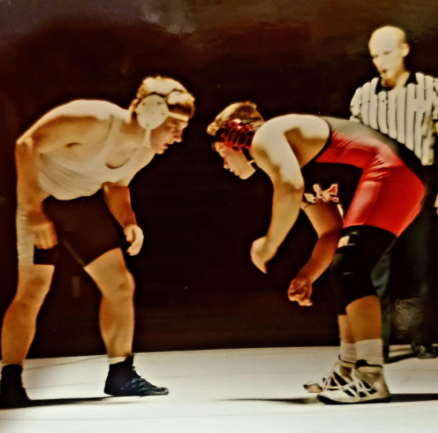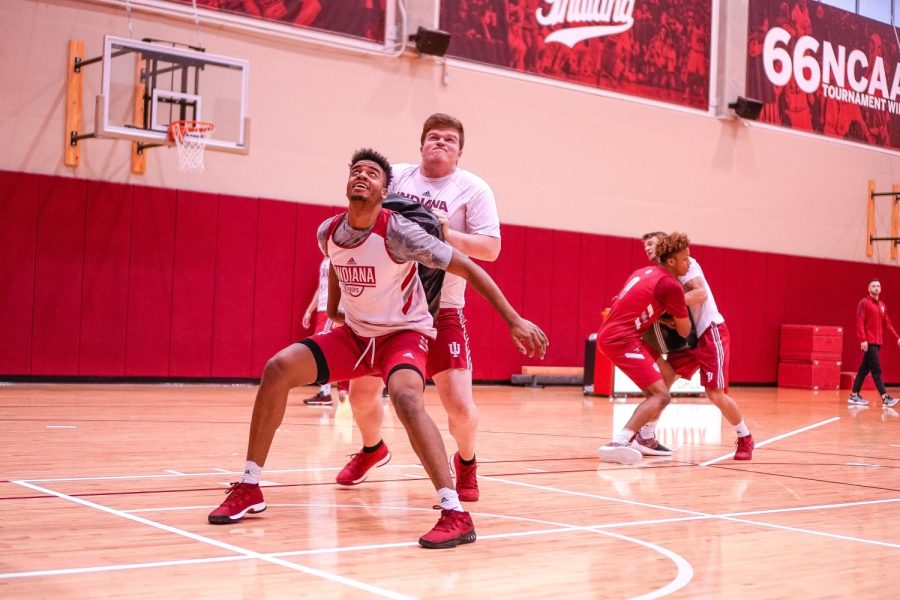College athletic programs grab high school students, lure them with scholarship money, and watch them chase after the education they so generously offered. This is not what colleges want the public thinking, but it is the reality.
The reason for attending a college is to get an education and build a career from that education. However, participating in a college sport makes it challenging to do well in college. College athletics are a black hole because once a student signs the paper committing to the sport, they are expected to be fully involved in the sport. With so many hours of traveling, practicing, and maintaining a social life, there is no time left to get an education to its full potential.
Very few college athletes will turn the sport they are playing into a full-time career. Instead, they put lots of time into athletics every day which distracts them from their studies. Instead of getting the education that they are paying for, students consistently miss school days because the team needs to travel to the upcoming competition. With so much time dedicated to a college sport, the athletes watch their education become less and less thorough because they have very little time to focus on school.
The struggle to obtain an education while being part of a college team is a surprise to many athletes. From playing four years of high school tennis to joining the Division 1 Michigan Technological University Tennis team, Frosh. Tayler Bethke had no idea what he was in for, “Playing tennis in college is harder than I ever imagined it would be. It is nothing like high school sports. We are required to get to practice by six and practice until school starts. We also have a practice after school which is a lot more strenuous,” Bethke said.
While participating in a sport, Bethke rarely finds any time to do homework, study, or relax, which has been physically and mentally draining. “Constantly missing school and traveling a minimum of ten hours to each away match and back has been awful. I have missed a good amount of class because of travel and I barely have any time to sleep or do my school work because we are always on the go,” Bethke said. With such little time left after practice and competition, college sports are giving students more to do than they can handle.
More than any other level, Division I athletes feel the heat. Constant practice and competition forces each athlete to commit his or her time entirely to their sport. Division I tennis player at Western Michigan University, Nick Schnobel, has found this to be true, “Honestly, college sports are really tough, we practice for multiple hours, six days a week, and lift twice a week. We have a lot of weekend tournaments and matches, which take time away from homework and relaxation. For away matches, we usually intend on arriving at the location a day before the match, which means we miss school frequently. Playing a sport in college does not allow you to do everything you want because your day is so full of studying and practice. I find it extremely difficult to be an engineering major while still playing Division I tennis. It’s also hard to keep your mind focused on school because I need to stay focused on winning, and can’t be thinking about school work. Also, playing is very stressful because you need to perform and win during matches or else the coach will take you out of the lineup,” Schnobel said. Division I sports are the toughest when comes to the workload. Student athletes find themselves practicing endlessly and then scrambling to homework assignments in every second of free time.
The difficulty of college athletics is nationwide, whether the school is large or small. Division II lacrosse player at Asbury University, Graham Farrell, has found this to be true, “Personally, I find it is really fun to be part of a college sport. However, it has been difficult to keep up with class at times. We do travel often and practice a lot which takes away a big chunk of time to do schoolwork. The downside to that is that is you may fall behind your class and feel stressed often,” Farrell said.
After many years of swimming experience, West Ottawa graduate Kyle Mass signed with the Alabama University swim team. Although swimming is a lot different from lacrosse and tennis, it still comes with serious challenges. “College sports are time-consuming; they can easily eat up time and pretty soon you’re behind in every class. We practice four hours every day during the week except Sunday, and we lift four days a week. I missed school around five times this year for regularly scheduled meets, but I missed over a week for the SEC Championships. Keeping up with school and maintaining a social life is difficult when you practice so much and travel frequently, but the school has student athlete study halls to help you catch up. A lot of responsibility falls on us athletes to keep up, but it’s still easy to fall behind.”
As a Division I swimmer, Maas is required to travel long distances to each meet and focus on competing well. College sports prove that they are pulling athlete away from their academics and focusing more on the athletics. Although schools say academics are the first priority, it doesn’t seem this is true because of how much academic time the sports are taking away from the student athletes.
College athletics can be amazing both for the school and for students. However, with so much time taken away because of traveling, practicing, and playing, there is not enough time to focus on studies. Even though college sports provide scholarships and exercise, the time commitment and work that goes into a college sport makes it not worth it.

